Description
A fresh and clean, traditional example of Bolivian coffee. Similar to a Colombian or Peru; thicker, lower acidity with darker nutty/chocolate like tones.
San Juan Co-op was formed in 1974 with 40 farmer members across Caranaví united in the goal of supporting small family farms and organic, chemical-free methods. The cooperative started out strong; by the mid-2000s Bolivia was hosting annual Cup of Excellence competitions and there was a high level of international development interest in the Yungas coffee sector, of which Caranaví is the center. However, productivity declined tremendously from 2006-2017 among cooperative members due to aging trees and falling investment. That year, Felix Chambi Garcia joined the organization, bringing with him over 16 years of specialty experience as a cupper and member of various other Bolivian cooperatives. Since then, the coop’s total production, overall quality, and diversity of coffees has all increased significantly.
Tasting Notes:
Most would consider this a medium to dark roast coffee, but does have some jazz at lighter roast points. Darker toned, semi-sweet coffee with lower acidity and a fuller body. Filled with rich chocolate/nutty/herbal/spice like tones. Great depth of flavor without all that citric and fruity that often comes with higher rated cups these days.
Lighter roasting promotes the more nutty/herbal, darker roasting chocolate & spice. Lighter roasting took 4-5 days after roasting to get tasty, medium to dark roasts were tasty from day 1.
Roasting Notes:
Easy to roast beans; even roasting with medium to low chaff. Longer setup on lighter roasts was needed but would push most to roast more medium to dark. Rich and creamy darker toned coffee with some wonderful complexities to the darker tones.
Felix sees himself as part of the younger, renewed generation of coffee lovers in Bolivia—including baristas and roasters—who are fortunate to be in a producing country with such high potential. This generation certainly believes there is a lot of ground to be covered. San Juan relies on individual farmers to process their own coffee. Felix has made quality control central to the coop’s operations, and his lab in Alto Cochabamba serves as the central control point for all lot building and exportation. Parchment lots that don’t make the minimum requirement are sold domestically, rather than marketed abroad.
Harvesting goes according to a common protocol as well: coffee cherry is picked exclusively ripe, floated to sort by density, depulped on small mechanical depulpers, and fermented 18-24 hours. Once fermentation is complete the parchment is washed clean in narrow basins and sundried on raised screen beds. The cooperative is working toward installing mechanical demucilagers to better calibrate the pulping and fermentation of the various members. Bolivia is South America’s only landlocked coffee producing country and is the smallest exporter of coffee on the continent. The quality of that coffee, however, is hardly lacking in diversity or beauty. Bolivia’s terrain and geography is gifted for arabica production, particularly throughout its greater Yungas region (Yungas is Aymara for “warm lands”), whose mountain ranges connect the low and humid Amazonian basin to the dry Andean altiplano above.
The most productive municipality in the Yungas is by far Caranaví, where 85-90% of Bolivia’s specialty coffee has continued to thrive over the decades. Caranaví’s landscape is steep, cloudy, rugged, and remote, with natural forest making up more than 90% of the territory. Coffee farms in this high and tropical climate tend to be well-managed but small, challenged by isolation and lacking in long-term industry support. Bolivian growers still often don’t have processing equipment or transportation of their own, a massive hurdle in such territory. Biodiversity, soil health, elevation, and progressive leadership in San Juan all work undeniably in favor of small farmers seeking sustainable livelihoods with coffee. Yet, facing each and every Bolivian coffee, especially the best ones, is one of the most strenuous overland transits in the coffee world, passing elevations of 4000 meters over the top of the Andes and west to the port of Arica on Chile’s coast. The country’s low production, select few producer groups in the specialty game, and formidable logistical challenges, means each successful arrival is something to be cherished.
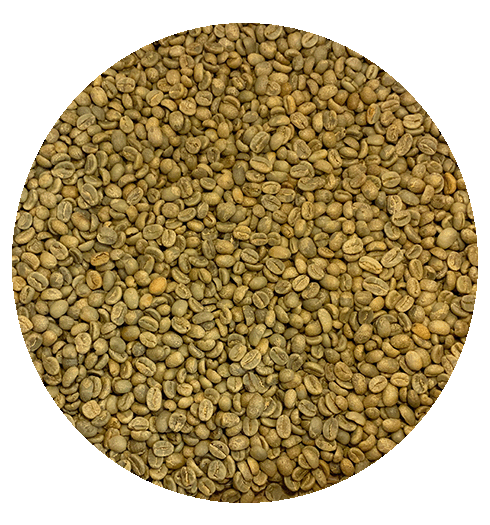
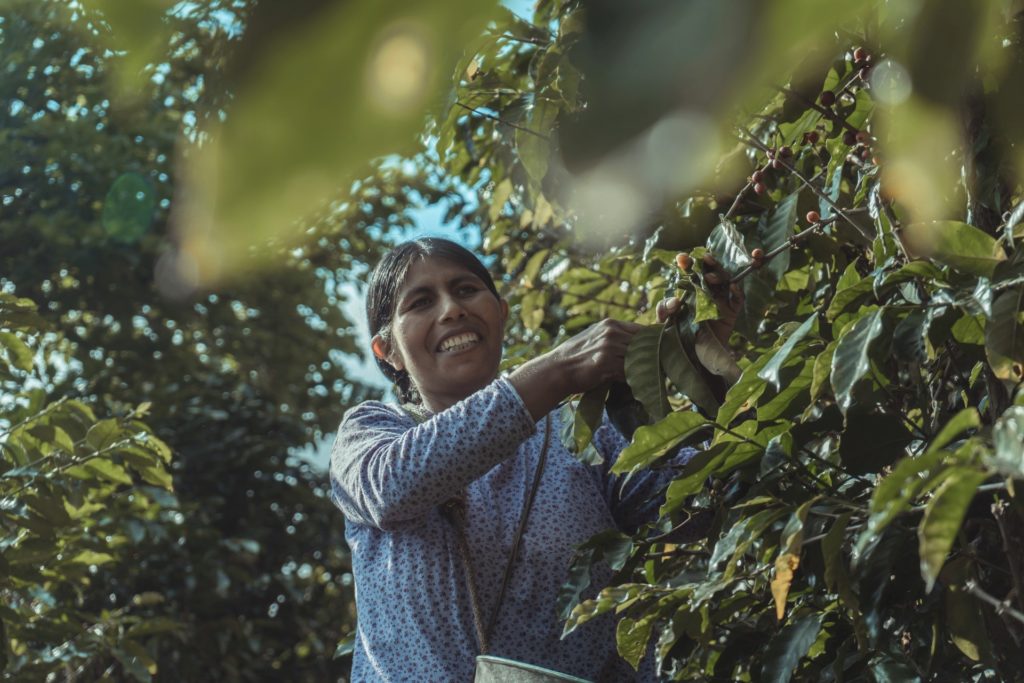
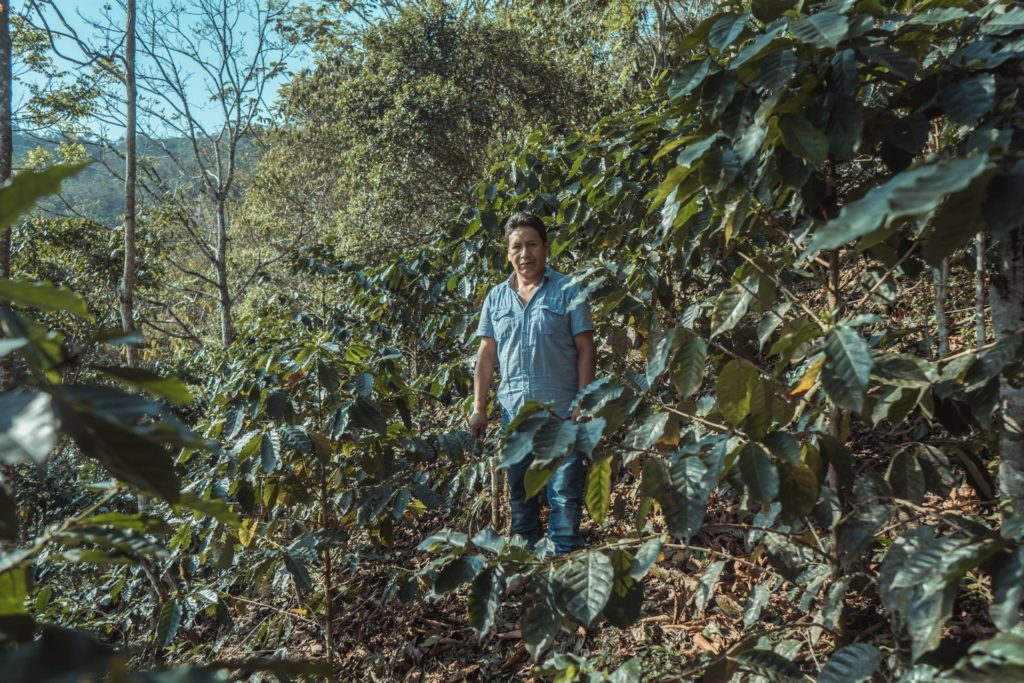
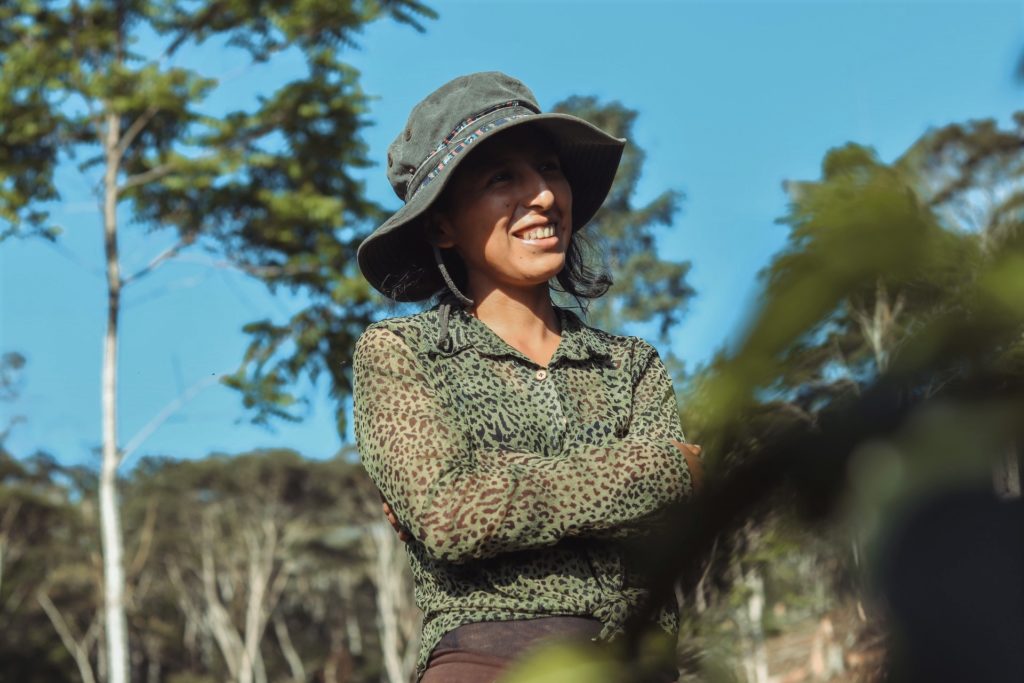
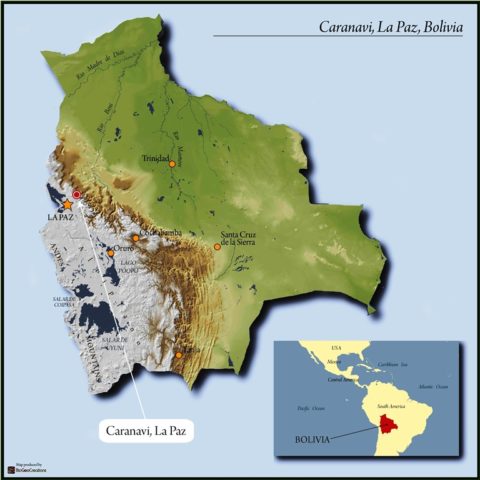
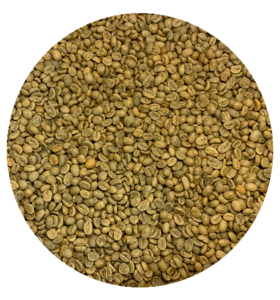
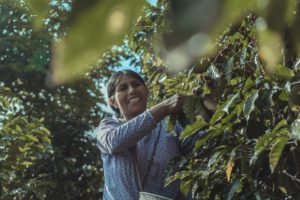
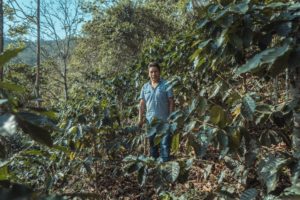
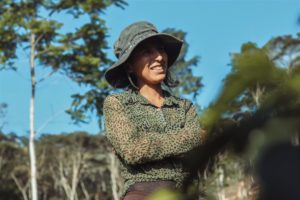
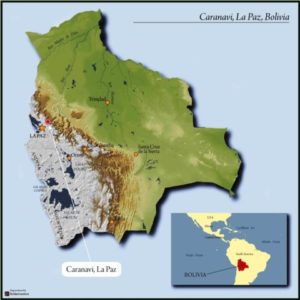
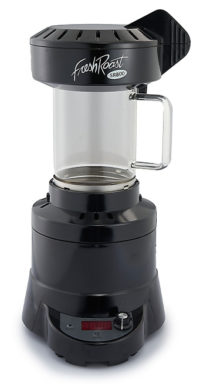
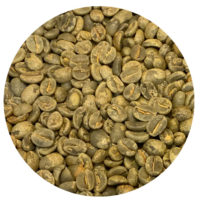
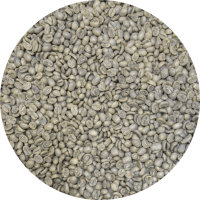


Reviews
There are no reviews yet.